rash after surgery anesthesia
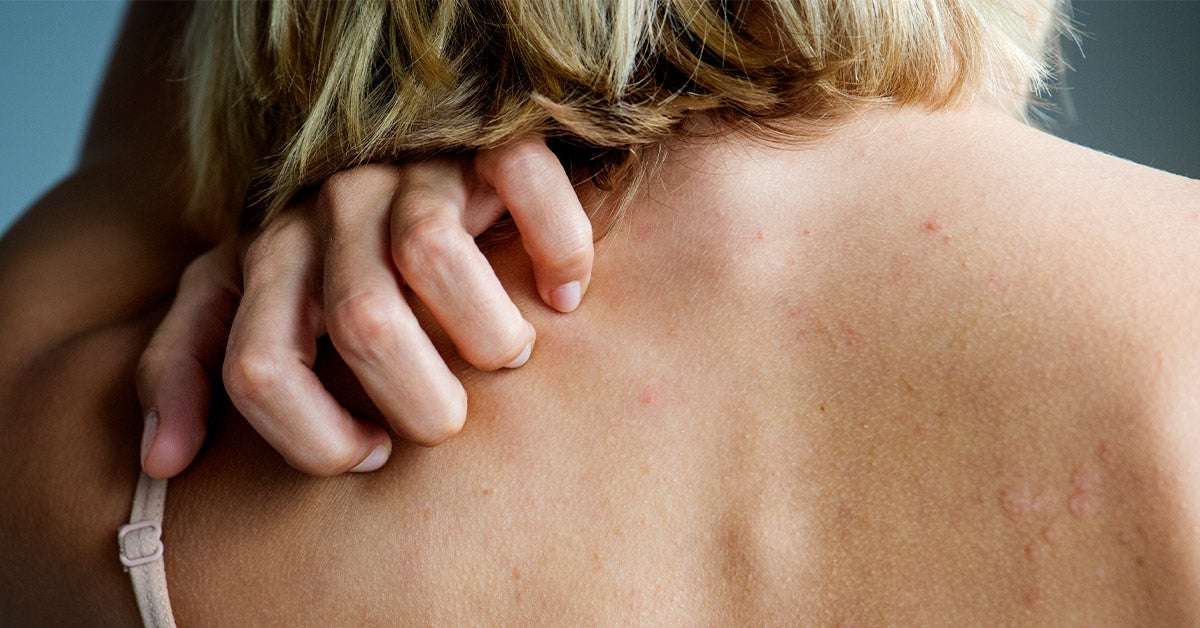 Rash After Surgery: Causes, Diagnosis, Treatment, and When to Worry
Rash After Surgery: Causes, Diagnosis, Treatment, and When to WorryHow to Recognize and Treat Eruption After Surgery A person may develop an eruption after surgery if they come in contact with an irritant or react to a medication they receive during the procedure. A doctor can help determine the cause of the rash and how to treat it. The exact risk factors are not known to develop an eruption after surgery, so it is not clear how many people this will likely affect. In this article, we examine why some people can develop an eruption after surgery and discuss treatment options. The number of people who experience an eruption after surgery is not known. However, in many cases, one of the following causes will be responsible. Contact dermatitis Contact dermatitis is a probable cause of some post-urgency rashes. It occurs when a person's skin comes into contact with an irritant. Substances and articles that irritate the skin vary among individuals, but may include clothing dyes, certain plants and cosmetics. The American Academy of Allergy, Asma & Immunology estimates that contact dermatitis occurs around people. Allergic Reactions to Medicine Medicines that people receive during or after a surgical procedure may also be responsible for some eruptions that occur. Although specific risk factors are unknown, having an allergic reaction to a medication that a person may react to another medication. Several types of medicines can cause an allergic reaction. These include painkillers and , both people commonly receive during or after surgery. The tabs that result from surgery do not necessarily appear on the surgical site. In some cases, they may appear throughout the body or in one or two more areas. Corporal Eruption A bodily eruption may occur if a person is allergic to the medication they took around the time of their surgery. Corporal eruptions may differ in appearance, depending on the person and the medication. Some common causes and symptoms :Localized EruptionWhen a rash is located in the body, a probable cause is contact dermatitis. According to the National Eczema Association, there are two types: irritating contact dermatitis and allergic contact dermatitis. Irritorial contact dermatitis represents cases of contact dermatitis. It occurs when the skin sustains the damage as a result of contacting substances such as jewelry or detergents. Allergic contact dermatitis is an eruption that appears within contact with a substance, such as poison ivy or a fragrance. It occurs due to the immune system that exaggerates the substance. A localized eruption after surgery is likely to occur near the site of the incision or area that had contact with the irritating substance. For example, a person with an adhesive reaction may have an eruption where the medical care team placed surgical tape. A person's body can react to topical, adhesive medications that the team uses to keep the skin in place, or the surgical equipment. After surgery, a person may develop additional symptoms along with a rash, especially if it is itching or uncomfortable. These other symptoms may include: A person should talk to a doctor if their symptoms are severe or persistent. There is a possibility that the incision site will be infected. Anyone who suspects that he has an infected wound should consult a doctor. A person may not be able to determine whether his or her rash is a direct result of his or her surgery. It can also be difficult for a person to distinguish between a rash and a surgical infection. Anyone who develops an eruption after surgery should tell their surgeon about the eruption. The surgeon will probably ask to see the person and perform a physical examination of the eruption. They will also ask about other symptoms. To rule out other possible causes, the surgeon will probably ask the person about any medication you are taking. If necessary, you can change a person's medications after surgery. A person should not stop taking any medication unless his or her primary care surgeon advises them to do so. Treatment for a post-surgery eruption may vary depending on the cause. A surgeon may advise a person who is reacting to the medication to stop taking it or switch to a different medication. Once you do this, the eruption must begin to clear up. If eruption is the result of contact dermatitis, it should be clarified in a few days. Meanwhile, a person can use topical or antihistamine corticosteroids to help relieve any itching and swelling. A person who undergoes surgery may develop an eruption in response to the surgical procedure or the medications he or she receives during or after the procedure. If an eruption occurs, a person should talk to his or her surgeon or doctor, who will help them determine the cause and recommend the treatment, if necessary. Typical treatment approaches include the use of topical medications to relieve pain or inflammation associated with rash or stop the use of a medication. Last medical review on November 22, 2020 Latest newsRelated coverage

Is it normal to get a rash after surgery? I think it's because of my antibiotics, but I'm not sure. : wisdomteeth
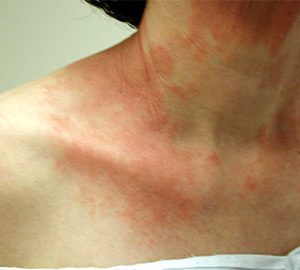
Allergic Contact Dermatitis Treatment | Norris Dermatology Portland OR
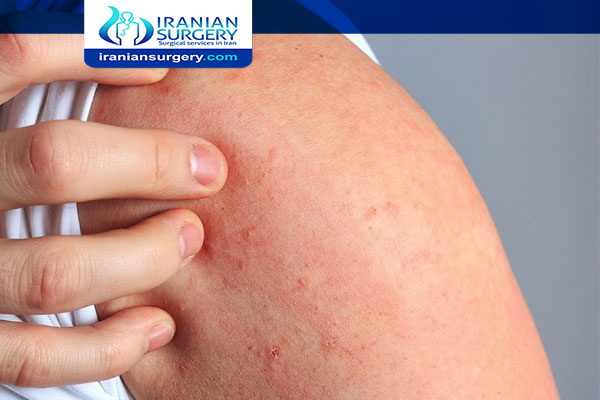
Hives after bariatric surgery | Skin rashes after bariatric surgery

Rash after surgery: Causes, other symptoms, diagnosis, and treatment
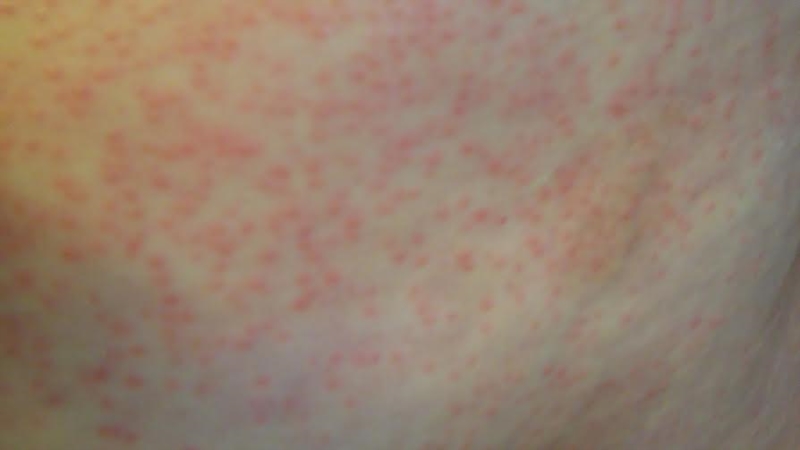
Rash from gallbladder removal since today | Gallbladder Problems | Forums | Patient
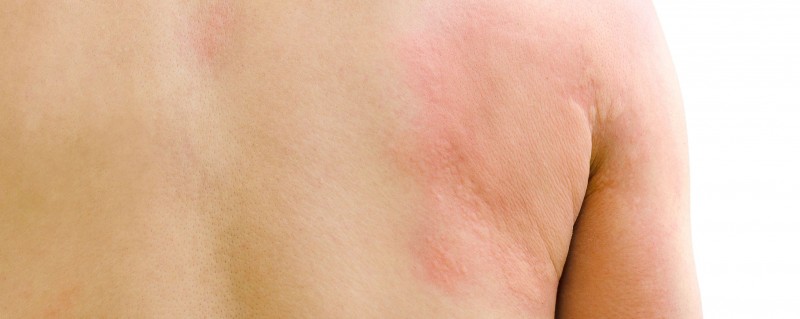
Hives after Spine Surgery - What to Do | Dr. Stefano Sinicropi
Allergic reaction to patent blue dye in breast surgery - case report
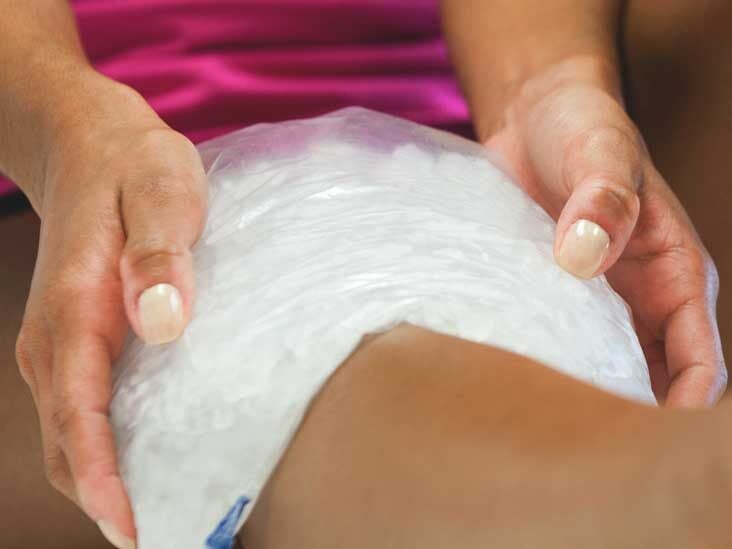
Rash After Surgery: Causes, Diagnosis, Treatment, and When to Worry
Skin rash after surgery ? - Page 1 | BabyCenter

Derm Dx: Blisters on the buttock after surgery - Clinical Advisor
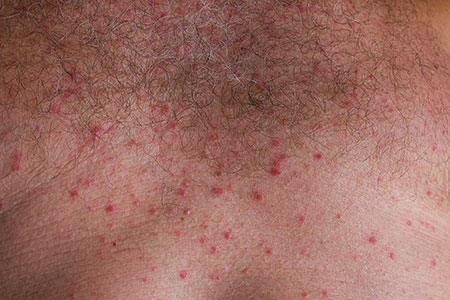
5 Common Summer Rashes and How to Prevent Them | Hartford HealthCare Medical Group
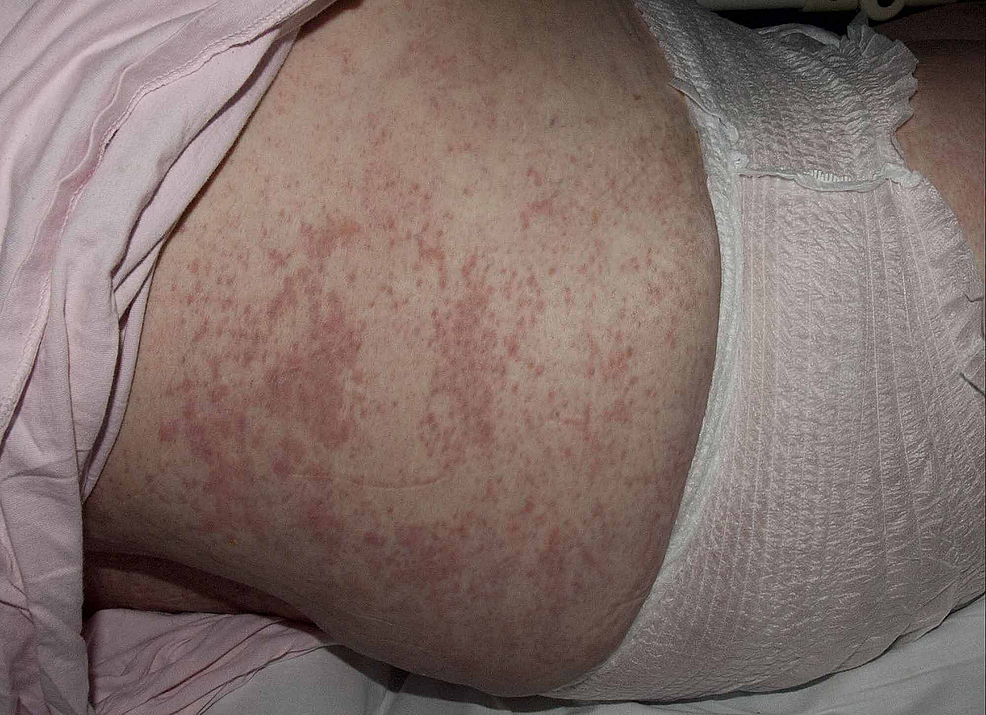
Cureus | Drug Reaction, Eosinophilia, and Systemic Symptoms (DRESS) Syndrome As a Mimicker of Spinal Infection: Awareness for Spinal Surgeons
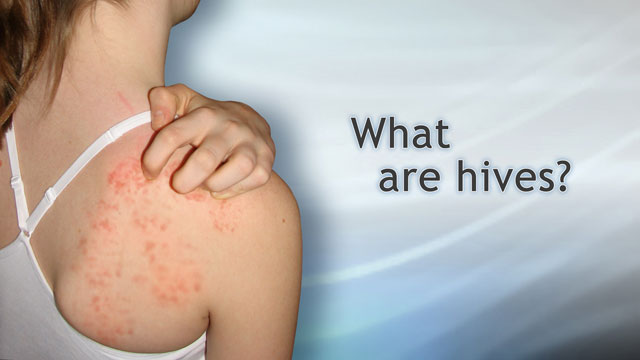
Hives Information | Mount Sinai - New York
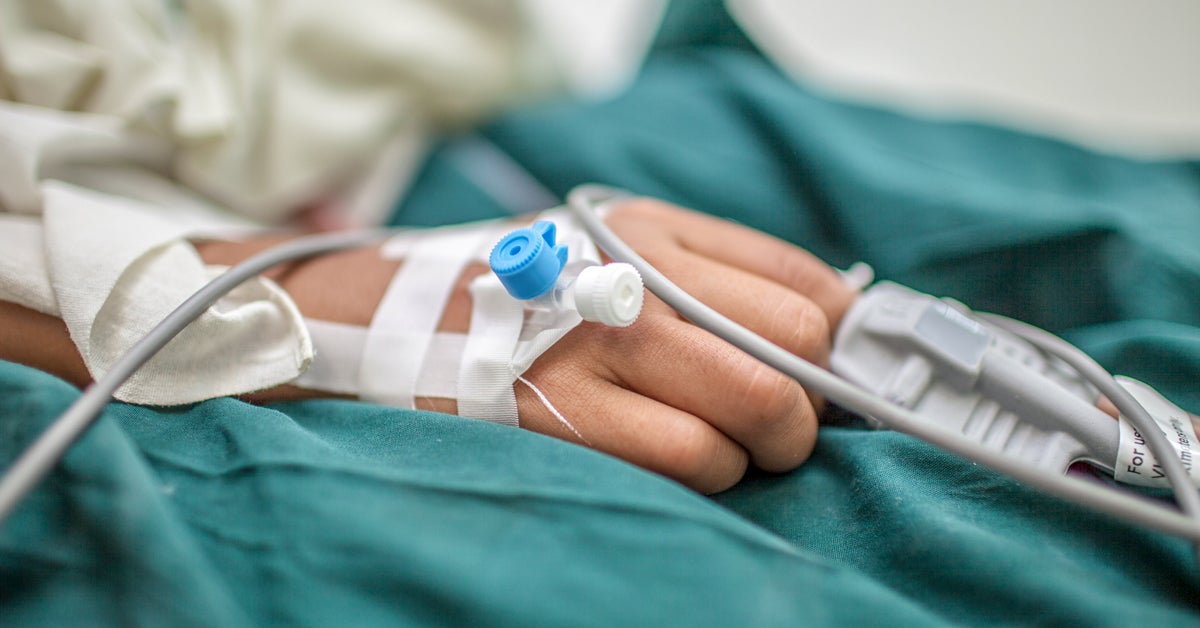
Anesthesia Allergy: Symptoms, Allergies vs. Side Effects, and More

Dermatologic Emergencies - American Family Physician

Can mottled skin be a sign of septicaemia and what does a sepsis rash look like?
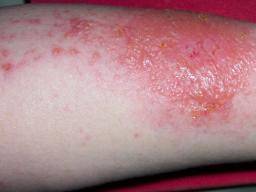
Rash after surgery: Causes, other symptoms, diagnosis, and treatment

Anaphylaxis - Wikipedia
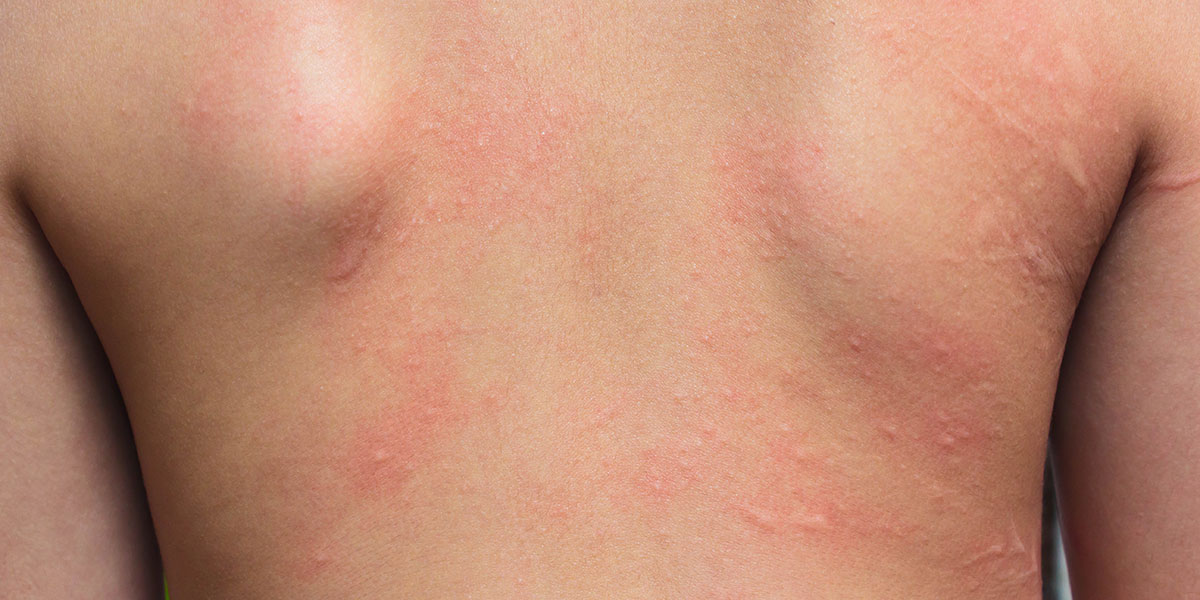
Allergic Contact Dermatitis Treatment | Norris Dermatology Portland OR

Hives Information | Mount Sinai - New York

Gynecomastia healing process after surgery with Dr. Cruise

Anesthesia Allergy: Symptoms, Allergies vs. Side Effects, and More

Rash after surgery: Causes, other symptoms, diagnosis, and treatment
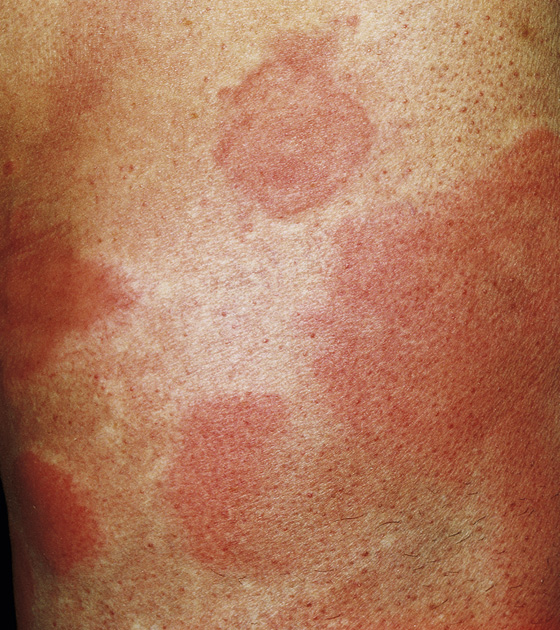
Urticaria, Acute (Hives) | Anesthesia Key
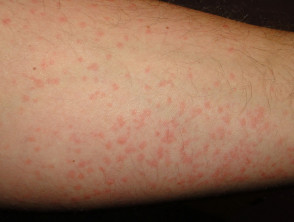
Cold urticaria | DermNet NZ
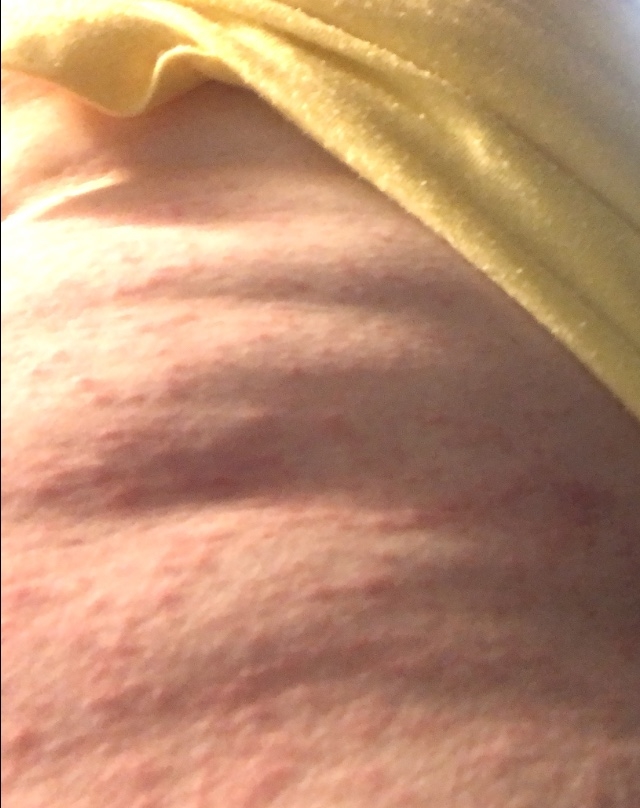
Rash from gallbladder removal since today | Gallbladder Problems | Forums | Patient

A mysterious rash around surgical wounds - Annals of Allergy, Asthma & Immunology

Home - Servicedisplay
:max_bytes(150000):strip_icc()/urticaria5-ef09c4ce03064230ba682f14420241e4.jpg)
The Link Between Chronic Hives and Thyroid Disease

Anesthesia Allergy: Symptoms, Allergies vs. Side Effects, and More
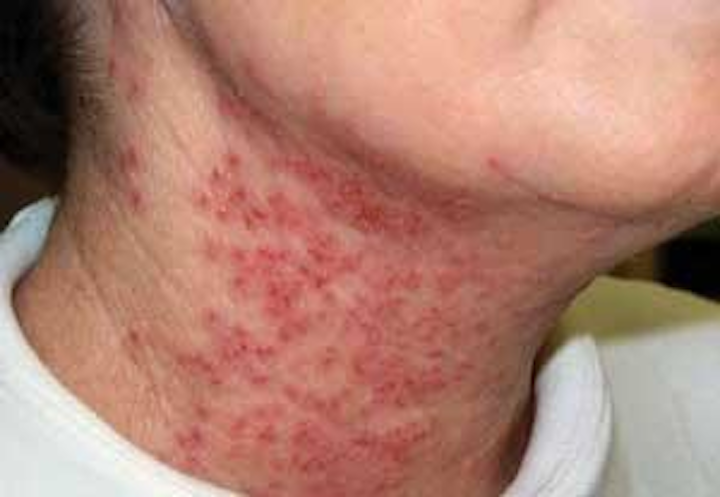
Shingles | Registered Dental Hygienist (RDH) Magazine

Drug Rashes - Skin Disorders - Merck Manuals Consumer Version
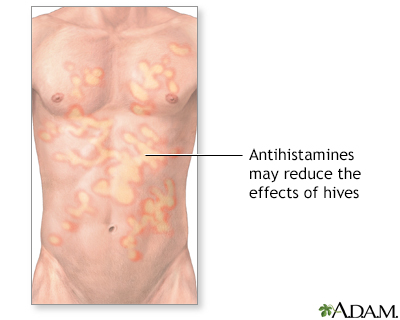
Hives Information | Mount Sinai - New York

Anaesthesia, surgery, and life-threatening allergic reactions: epidemiology and clinical features of perioperative anaphylaxis in the 6th National Audit Project (NAP6) - British Journal of Anaesthesia

Allergic reactions to anesthesia - Wikipedia
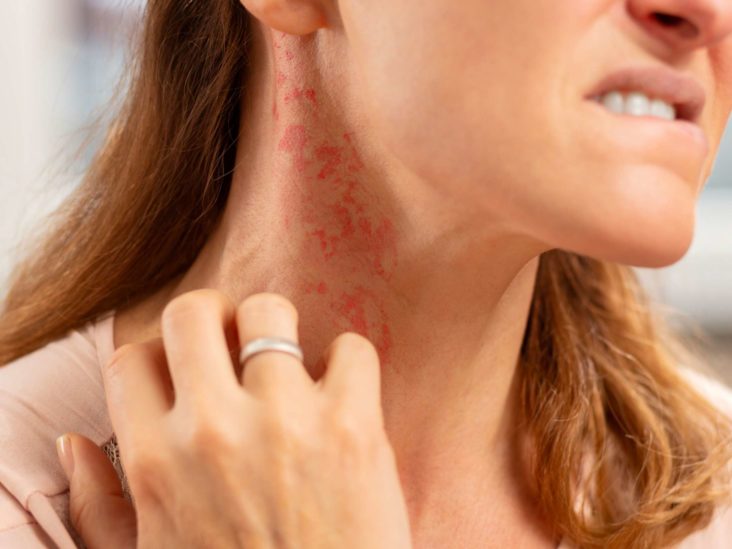
Rash after surgery: Causes, other symptoms, diagnosis, and treatment

Hives Information | Mount Sinai - New York
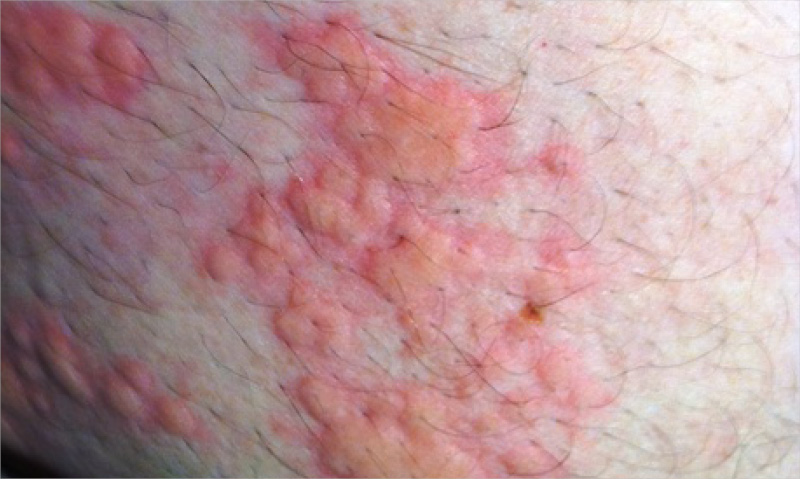
Acute allergic reaction after intravenous saline injection: an unusual presentation of chlorhexidine allergy | The Medical Journal of Australia
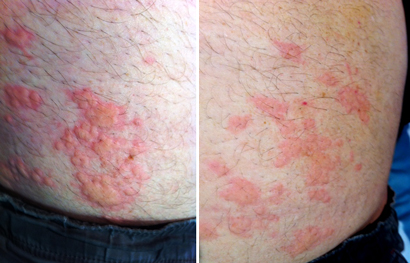
Acute allergic reaction after intravenous saline injection: an unusual presentation of chlorhexidine allergy | The Medical Journal of Australia

Allergic reactions to dental materials, drugs require an alert response from practitioner | Registered Dental Hygienist (RDH) Magazine
Posting Komentar untuk "rash after surgery anesthesia"